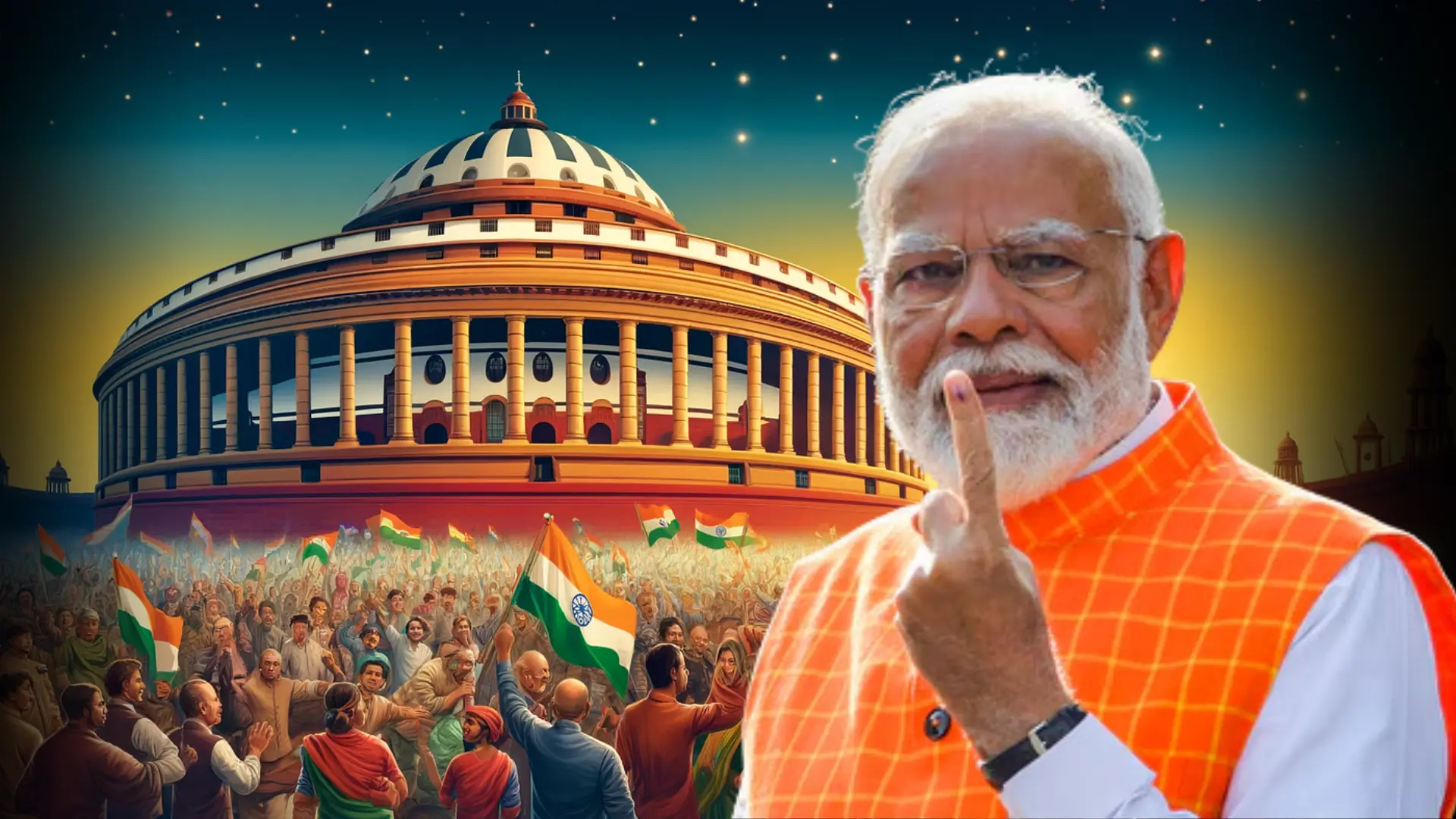In response to ongoing protests by resident doctors over the Kolkata rape-murder case, the Supreme Court of India has directed the doctors to return to work, assuring that no punitive measures will be taken against them once they resume their duties.
Resident doctors at AIIMS Nagpur had approached the Supreme Court, alleging victimization for their protests related to the heinous rape and murder of a trainee doctor in Kolkata. They reported being marked absent and barred from exams, which they argued was a direct consequence of their involvement in the protests.
On August 22, Chief Justice of India DY Chandrachud addressed the issue, urging the protesting doctors to return to their positions. He emphasized that while the court cannot instruct the administration to alter attendance records, it would ensure no adverse action is taken once the doctors are back at work. Chief Justice Chandrachud assured the doctors that the court would intervene to prevent any negative consequences once they resumed their duties. He referenced similar situations where doctors, such as those at PGI Chandigarh, participated in rallies but returned to work without facing punitive measures.
In light of the escalating protests and safety concerns highlighted by the Kolkata incident, the Supreme Court established a nine-member National Task Force (NTF) on August 20. This task force, comprising leading doctors and healthcare administrators, is tasked with addressing safety issues for medical professionals. The Chief Justice mentioned that the NTF would include resident doctors’ perspectives, although direct representation on the task force is not feasible.
Chief Justice Chandrachud emphasized that the NTF would consider all viewpoints and ensure that the voices of resident doctors are heard in discussions regarding safety and administrative concerns.
The Supreme Court’s intervention aims to balance the need for medical professionals to continue their crucial work while addressing their concerns and ensuring their safety.














